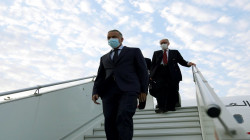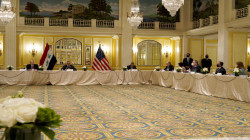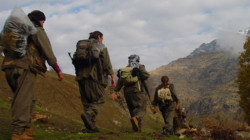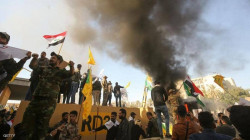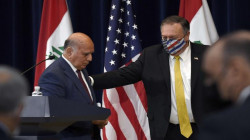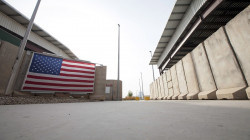US deploying 2,000 troops to Iraq for nine month period: Report
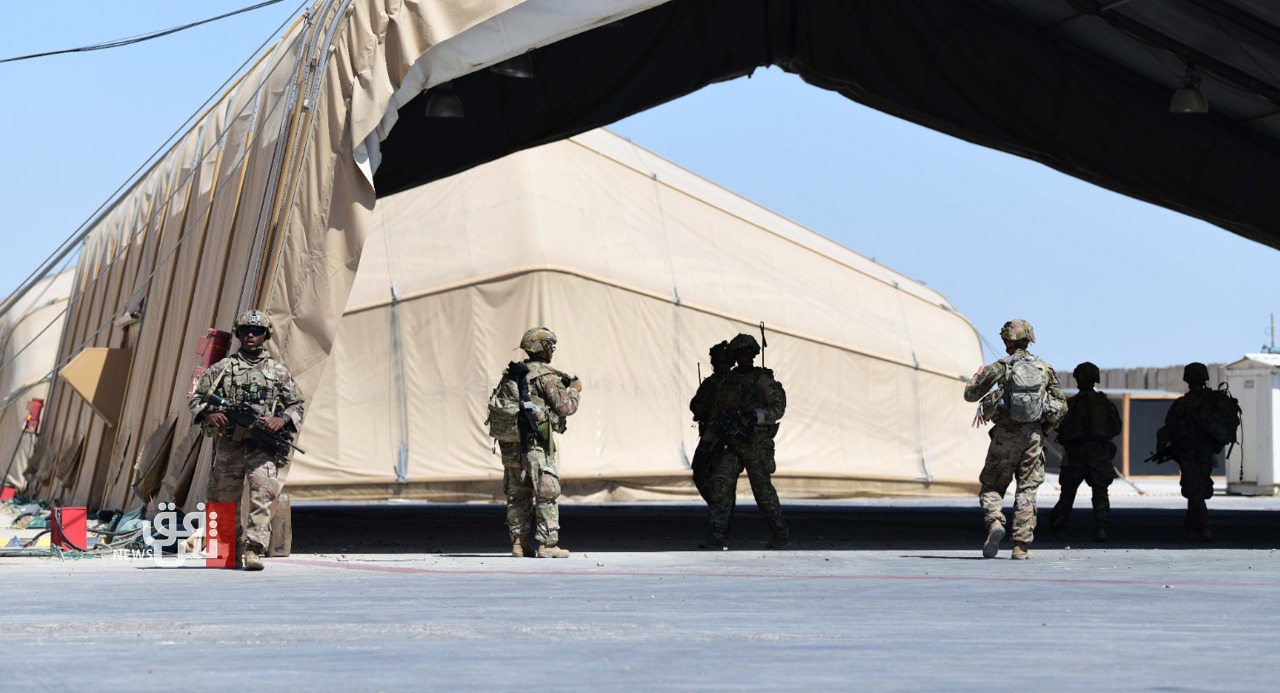
Soldiers from the Fourth Infantry Division will replace the 256th Infantry Brigade Combat Team of the Louisiana army National Guard for a nine month period and become the primary US force for the entire country.
The Gazette, a local Colorado news outlet, reported that the soldiers will provide security and protection, assist and advise Iraqi security forces, provide air defences against attacks and train partner forces in the country.
Pentagon spokesperson Commander Jessica L McNulty told MEE that the Fourth Infantry Division unit's deployment to relieve a departing unit was a "part of a normal rotation of units" to support the continuity of the Combined Joint Task Force-Operation Inherent Resolve, a task force set up to coordinate operations against the Islamic State (IS) group.
"US and Coalition forces remain in Iraq at the invitation of the government of Iraq to support Iraqi forces as they continue to lead the fight against ISIS," McNulty said, using another term to refer to the militant group.
MEE first reported in April that the US and Iraq had agreed to the withdrawal of all foreign combat forces operating under the umbrella of the US-led military coalition.
In July, US President Joe Biden announced the country's combat mission would conclude by the end of the year, but the American military would retain a presence in Iraq to train and advise Iraqi forces.
McNulty told MEE that the "United States and Iraq decided the security relationship will fully transition to a training, advising, assisting, and intelligence-sharing role, and that there will be no US forces with a combat role in Iraq by December 31, 2021."
US combat troops withdrew from Iraq in 2011 in an agreement between the Iraqi government and the Obama administration, but returned in smaller numbers as part of the coalition against the IS group.
With the help of the US-led coalition and, separately, the Iran-backed Popular Mobilisation Units (PMUs), Iraq recovered large areas of land from IS, which had captured Mosul and more than a third of the country's territory in 2014.
The Iraqi government declared the group defeated in late 2017, but IS still has sleeper cells that continue to hit security forces with asymmetric attacks.
